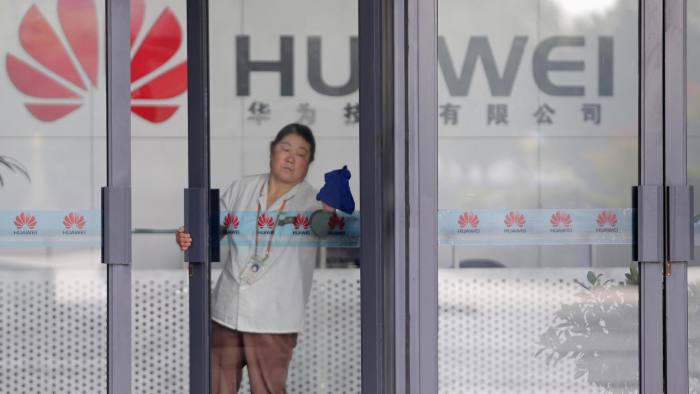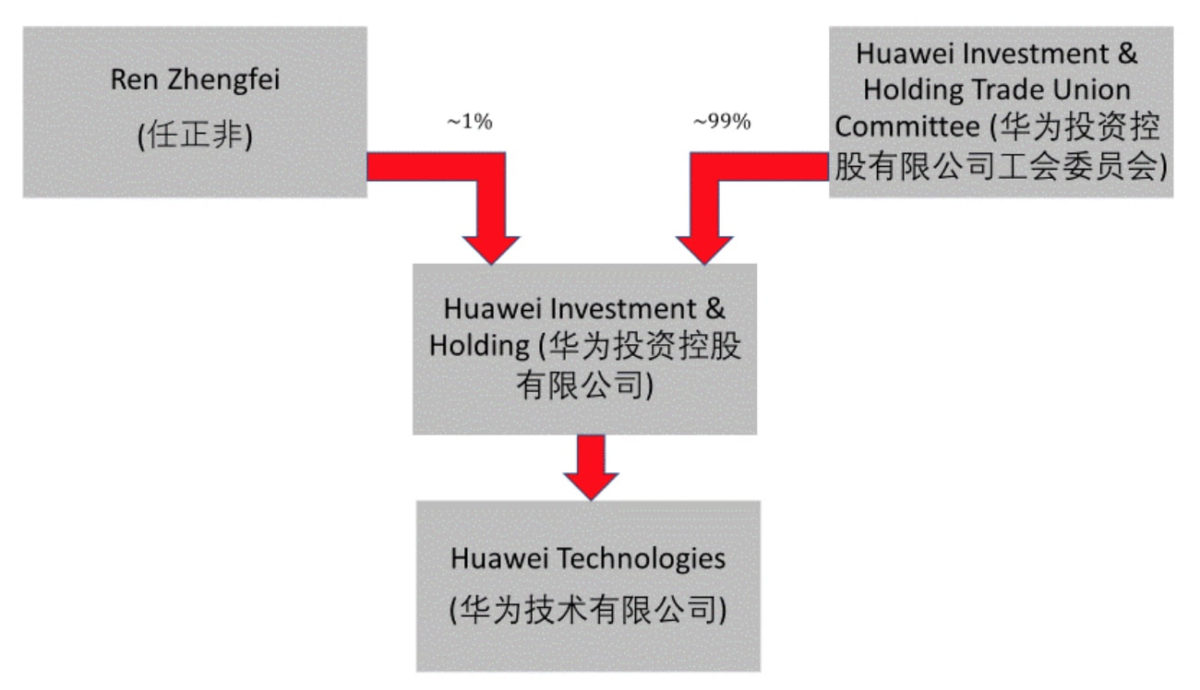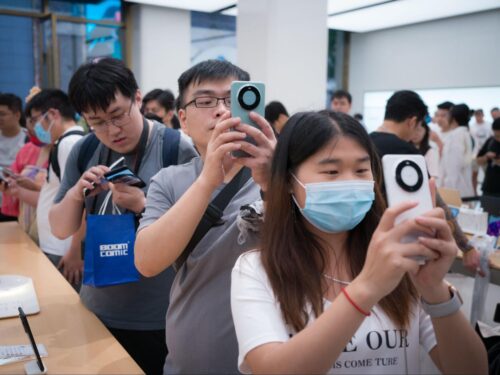Who owns Huawei? Not its employees, says research paper

Huawei’s 2018 Annual Report states that Huawei “is a private company wholly owned by its employees,” with an “Employee Shareholding Scheme that involves 96,768 employee shareholders.”
But a new research paper by George Washington University professor Donald Clarke and Christopher Balding of Fulbright University Vietnam argues that this framing of Huawei’s ownership is misleading. The paper’s conclusions include:
- Huawei technologies is “100 percent owned by a holding company, which is in turn approximately 1 percent owned [‘nearly 1.14 percent’ owned, according to the 2018 report] by Huawei founder Ren Zhengfei and 99 percent owned by an entity called a ‘trade union committee’ for the holding company.” The company ownership flowchart would then look like this:
- The “trade union committee” is completely mysterious. But, the authors argue, this means that it is not unthinkable that Huawei is secretly state-owned: “Given the public nature of trade unions in China, if the ownership stake of the trade union committee is genuine, and if the trade union and its committee function as trade unions generally function in China, then Huawei may be deemed effectively state-owned.”
That’s quite speculative. But the paper’s specific findings on how “employee ownership” works at Huawei are not. Clarke and Balding reviewed a variety of Chinese media reports about Huawei’s more than 20-year history, corporate records, and legal disputes concerning Huawei employees, and found a surprising amount of agreement on these points:
Employees of companies in the Huawei group do not own actual stock either in Huawei Tech or in Huawei Holding. Instead, they possess, via contract, a kind of virtual stock that allows them a share in the profits. But this virtual stock is a contract right, not a property right; it gives the holder no voting power in either Huawei Tech or Huawei Holding, cannot be transferred, and is cancelled when the employee leaves the firm, subject to a redemption payment from Huawei Holding TUC at a low fixed price. At present, this virtual stock ownership has nothing to do with financing or control. It is purely a profit-sharing incentive scheme.
Other Huawei news:
- Huawei says it has no 5G deals in mainland China / FT (paywall)
“Until today, only one commercial contract for 5G is from China, and that’s in Hong Kong,” said Yang Chaobin, president of Huawei’s 5G product line. “In the mainland, although we’ve done a lot of trials . . . these are not commercial contracts.”
Huawei said 23 of its 5G contracts were from Europe, 10 from the Middle East, six from Asia and one from Africa.
- US to press allies to keep Huawei out of 5G in Prague meeting / SCMP
“The U.S. will push its allies at a meeting in Prague next month to adopt shared security and policy measures that will make it more difficult for China’s Huawei Technologies to dominate 5G telecommunications networks.” - Poland to hold off blanket ban on Huawei 5G gear due to cost concerns / Reuters
“Poland is unlikely to exclude all Huawei equipment from its next generation mobile networks, a government minister told Reuters, in part to avoid increased costs for mobile operators.” - Belgian cybersecurity agency finds no threat from Huawei / Reuters
“Belgium’s center for cybersecurity has found no evidence that telecoms equipment supplied by Huawei Technology could be used for spying.”







